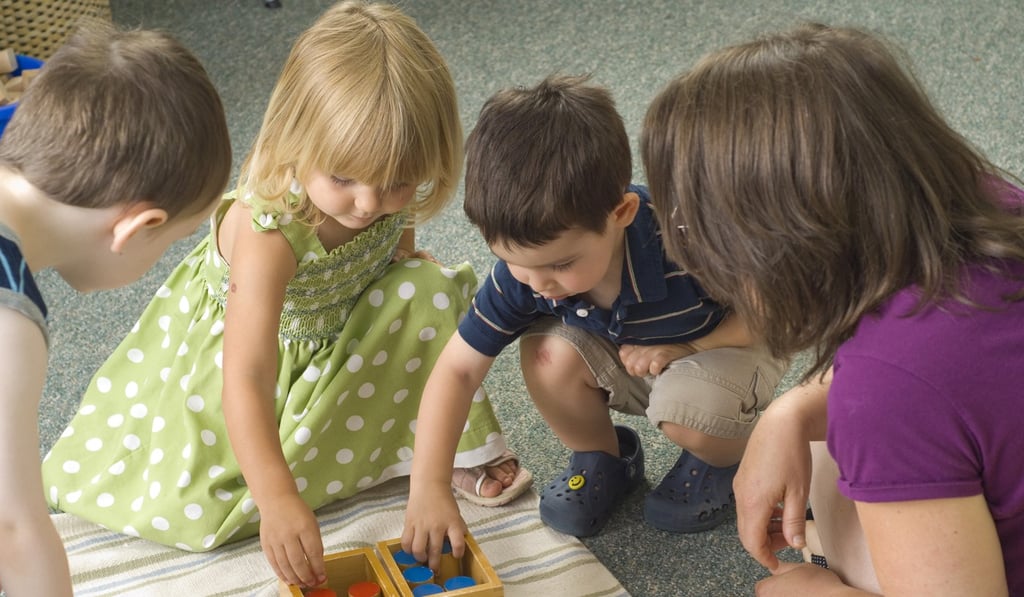EdTalk | The power of play: kids are learning through having fun
Studies show that play-based learning provides a crucial foundation for children to learn, develop new skills, and build relationships with others

In today’s world, most educators would argue that we should be encouraging children to play at every opportunity. Yet many Hong Kong parents – and some schools – continue to undervalue the educational value of play, often believing in a false dichotomy that “play is play” and “learning is learning”. This quiet resistance to play is driven by the fear that, the more children play, the less they learn. In fact, especially in the formative early years, it might just be the opposite.
Genuine play-based learning
“The Reggio Emilia approach encourages a child’s curiosity and interactions within a natural environment,” says Kathy Nutting, Fairchild Junior Academy’s head of Early Childhood Education. “At FJA, children experience the natural elements of wood, water, sand, soil and sunlight with floor-to-ceiling windows, a large aquarium, a vertical garden wall, sand and water tables, and a treehouse playground. The child is seen as a capable and competent learner; full of curiosity about the world around them. By respecting the children’s choices, we empower them to feel confident and capable in their decision-making, which connects and reflects the world they live in.”

Critics worry that important aspects of the curriculum are too easily overlooked if a child does not make the right “choices”, but Nutting is adamant there is ample scope to assess a child’s progress in a play-based context.
“Our play-based approach crosses all areas of early childhood learning, including emotional, social and physical development, literacy, numeracy, problem solving, negotiation, and collaboration with peers,” she says. “Play provides a crucial foundation for children to learn, develop new skills, and build relationships with others. We understand that children are innately curious and, when given the space, time and guidance, they are able to learn naturally in an authentic and safe environment, which allows them to make sense of the world around them.”
Play provides a crucial foundation for children to learn, develop new skills, and build relationships with others
Deirdre McCloskey, school director at Mills International Preschool, is always engaging with parents about the virtues of play-based learning. “Foremost in my mind when I meet parents of really young children in Hong Kong is just to remind them that play is really important and that it’s hugely beneficial, especially under the age of six,” McCloskey says. “I try to encourage parents to allow their kids to find themselves, to find what they like doing. To give them headspace and time to play alone or with friends, without parents participating all the time.”
